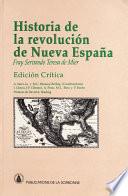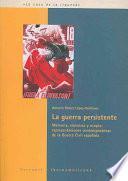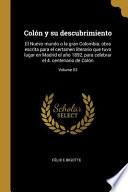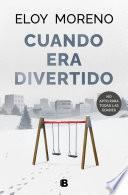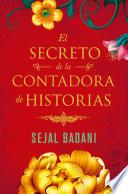La expulsión de los judíos
Resumen del Libro
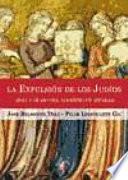
Traces the history of the Jews in Spain until the expulsion in 1492 in regard to relations between the Crown, the Church, and the populace regarding the Jews and Conversos. Discusses, also, the fate of the Conversos during the 16th century. Focuses on Castile, with special attention to the city of Ávila. Asserts that anti-Jewish hostility in Spain, already from the time of the Visigoths, was not based on racism, but rather on negative religious stereotypes rooted in the minds of the populace and of the lower clergy, as well as on socioeconomic factors, such as the rise of Jews to dominant positions in Spanish society and politics, and the practice of usury by rich Jews which awoke a profound hatred among Christians, especially in times of crisis. The fortune of the Jews depended on a balance between the hatred of the populace and incitement of the lower clergy, on the one hand, and the protection of the Crown on the other. So long as the Crown imposed its policy of protection, the situation of the Jews was good, but from the beginning of the 14th century onwards, when the hostility of the populace and of the Church grew stronger, and their pressure on the Crown achieved a degree of success, the situation of the Jews deteriorated, reaching extremes such as the pogrom of 1391. The 15th century saw a progressive capitulation of the Crown to the pressure of the populace and the Church. The establishment of the Inquisition in 1478, and the enactment of the edict of Expulsion of 1492, marked the end of the confrontation between the Crown, the Church, and the populace regarding the Jews and Conversos, which facilitated the expansion of Spain as a unified nation.
Información del Libro
Titulo Alternativo : auge y ocaso del judaísmo en Sefarad
Total de páginas 634
Autor:
- José Belmonte Díaz
- Pilar Leseduarte Gil
- Pilar Leseduarte
Categoría:
Formatos Disponibles:
PDF, EPUB, MOBI
Descargar Libro
A continuación, te presentamos diversas opciones para adquirir el libro.
Valoración
4.0
63 Valoraciones Totales
